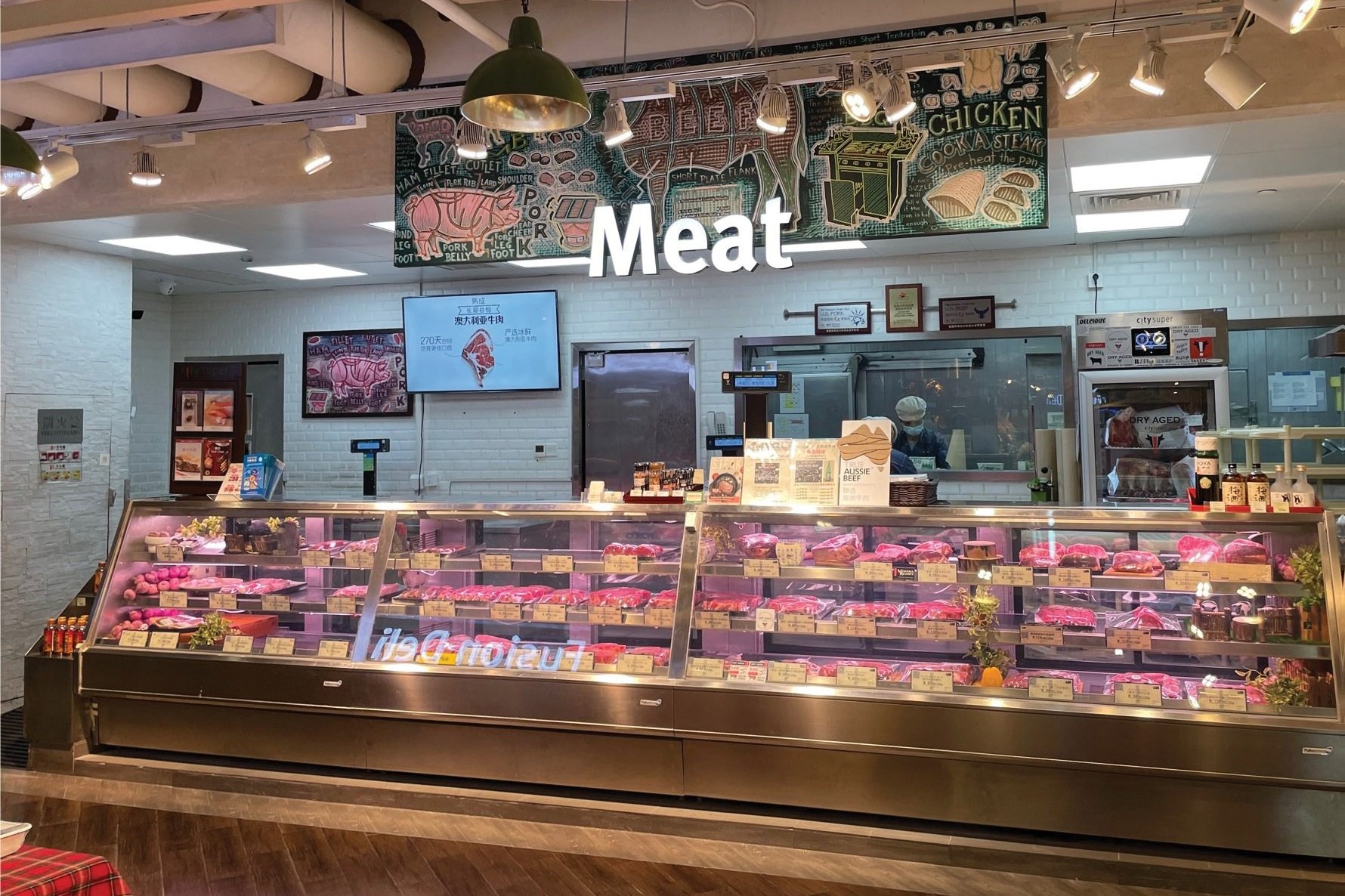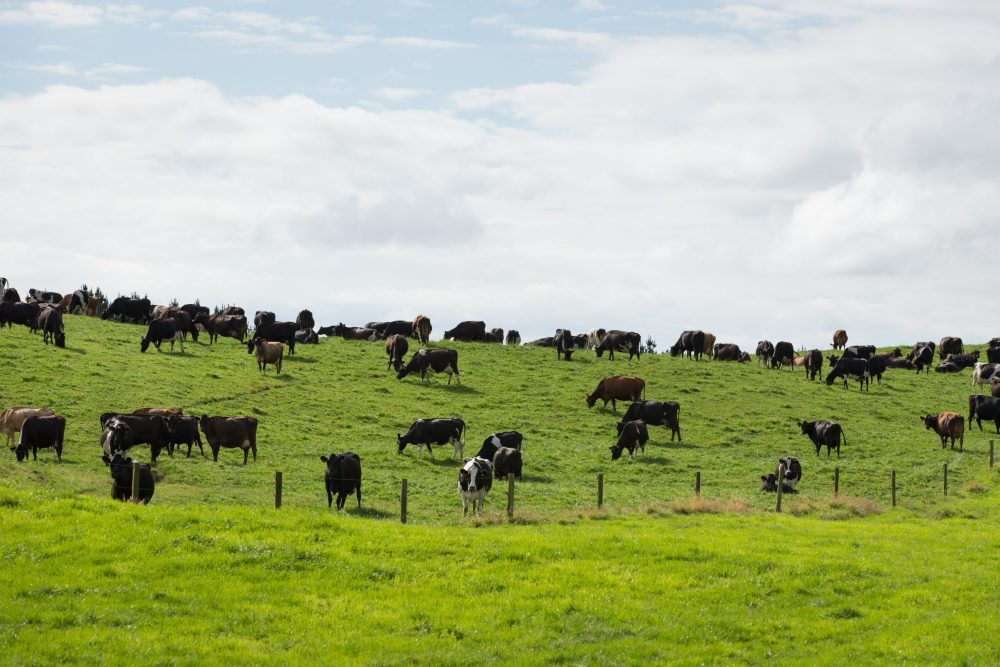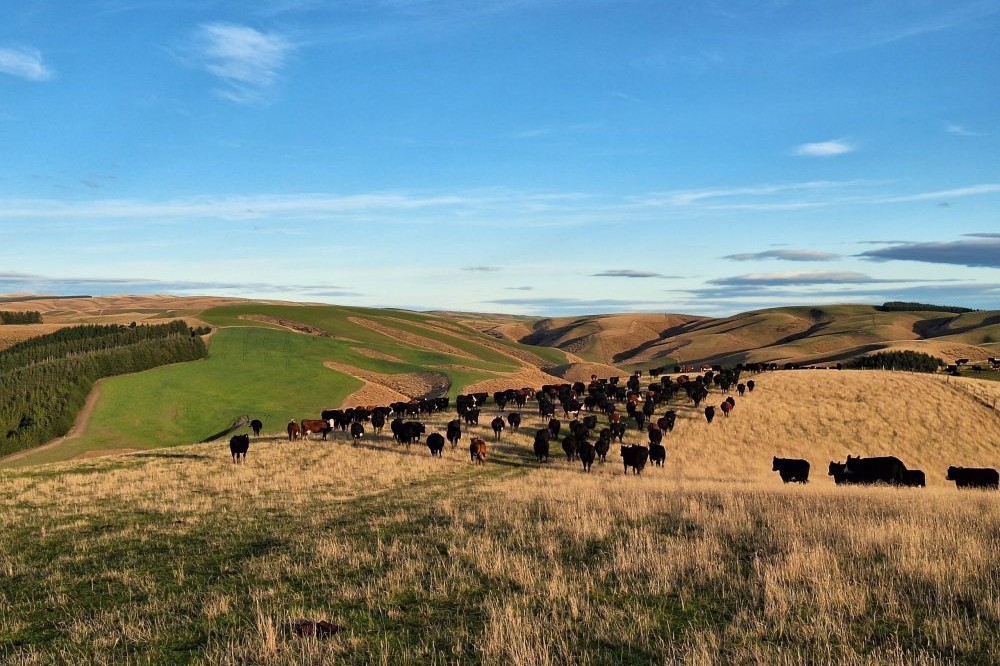According to New Zealand Trade and Enterprise in 2020, NZ sold $1.2 billion worth of beef to China. This was down 26% from 2019, but in a Covid-19 world this number is still very impressive. Combined with lamb (and offal) NZ sent about $3.1 billion of meat to China representing 36% of all our meat exports. This accounts for about 6% of China meat imports and ranks NZ as 6th in import market share.
This all sounds very good and you will most likely assume that NZ beef sits at the premium end of the market in China. Unfortunately, it is very difficult to find NZ beef in Shanghai. As someone that has spent the past six years right on the market coal-face selling meat, NZ beef has plenty of room for improvement.
There is a very clear long-term trend of Chinese people eating more beef, and in the foreseeable future it looks likely it’s only going to continue. So there is no shortage of demand for beef. If you open a restaurant in Shanghai, beef is a must-have protein on the menu. However, there is no demand from the chefs or consumers for this beef to be from NZ. Here in Shanghai you will never see NZ beef on a premium steak house menu, and it’s very difficult to find it on any restaurant menus at all.
As I write this, there is now only one restaurant that I know of in Shanghai with NZ beef steak full time on their main menu. The restaurant has a Kiwi chef. Now there are places that sell NZ beef, but it is often not a permanent fixture on the menu.
Grain-fed beef dominates
The grass-fed beef story is not a positive point of difference in China, and often results in lower price points. I do think for a small group of Chinese consumers this will change, but it is going to take a lot of effort to find and target them.
Grain-fed beef dominates in China, this has been led by Australia and their many high profile brands for the past few years. Australia may be still the leader in top end beef here but this is changing. There are a number of reasons for this:
- US beef was allowed back into the market a couple of years ago and the Chinese consumer really likes this product.
- Plenty of great quality South American beef brands have come into the market with a good product at a very competitive price point.
- Restaurants are looking for a point of difference, as such was the dominance of Australian beef for a while, everyone had the same products. This means a lot of places are open to change for a right quality product.
“…There is no demand from the chefs or consumers for this beef to be from New Zealand.”
Superstar NZ brand missing
NZ beef is also missing a superstar brand in China. I can name a number of Australian, US, South American and even a couple of Japanese beef brands, some of these are real super star, must have brands. The NZ beef industry does not have this in China, and it’s difficult to name any NZ beef brands. Most of the top chefs I talk to, could not name one NZ beef brand and a couple were surprised to hear NZ even produces beef! This is a major problem, as without a super star brand, how do you create interest?
I have spent the past six years working very hard to position Mountain River venison as a premium product in China. We have built plenty of credibility because we are on menus, unfortunately not all year round, of many of the top restaurants around China. Both Te Mana and Coastal Lamb brands are doing a great job of lifting the profile of NZ lamb in China. They are both high quality brands that open doors for the entire NZ lamb industry. How can NZ beef be positioned as a premium product, without being sold in any of the top steak houses or restaurants in the most influential Chinese market in Shanghai? I don’t see how it can be, but I hope I am missing something.
Beef supply issues
Consistency of supply is a major issue. I hear it all the time from all restaurants when they talk about products. A commonly held myth is that Chinese businesses have “long term thinking”. The reality could not be further from the truth. Recently, I was in a meeting with a chef of a very high profile restaurant in Shanghai. They just added a NZ beef cut on to their menu, and after two weeks of starting, the supplier was out of stock for the next month or so. They double checked before starting, if the supplier had enough stock on hand in China. The answer was yes. I hear this all the time, as a lot of suppliers only sell for today’s sale and don’t worry about tomorrow. Unfortunately in this case the chef will most likely not use NZ beef again because of this bad experience. I have heard many stories like this about the consistency of NZ beef supply over the years. This happens with most imported products and it’s not just a NZ beef issue. Another high profile restaurant group owner told me they are trying to remove beef as much as possible from all of their restaurants because of supply issues. However, they don’t use NZ beef.
China is a big market and there are plenty of opportunities for NZ beef to find its place. One thing for sure it is going to take a lot of hard work on the ground to get things moving in the right direction. The exciting thing is that the market moves fast and anything is possible.
- Hunter McGregor is a Chinese-speaking Kiwi based in Shanghai selling NZ meat into China.






